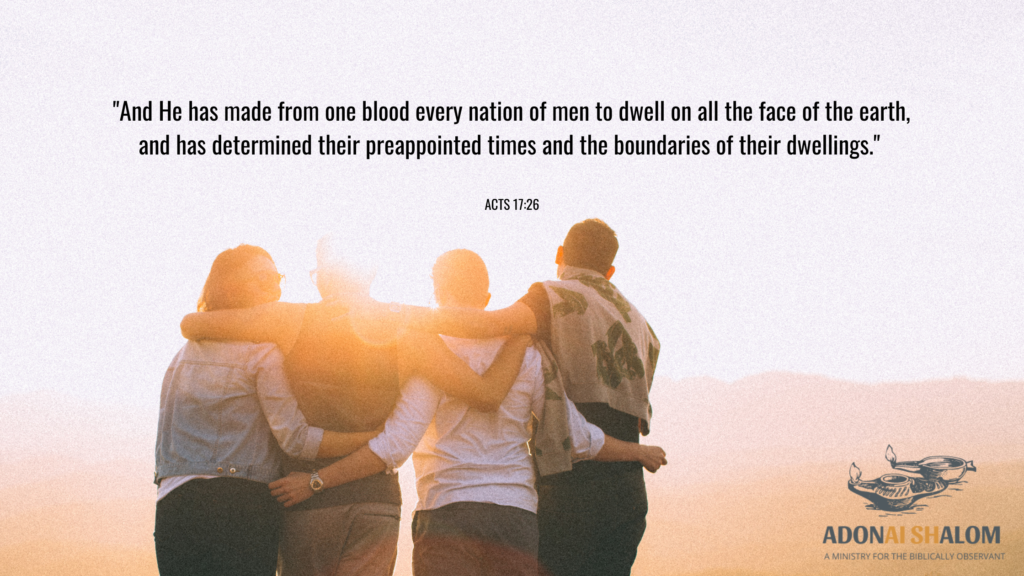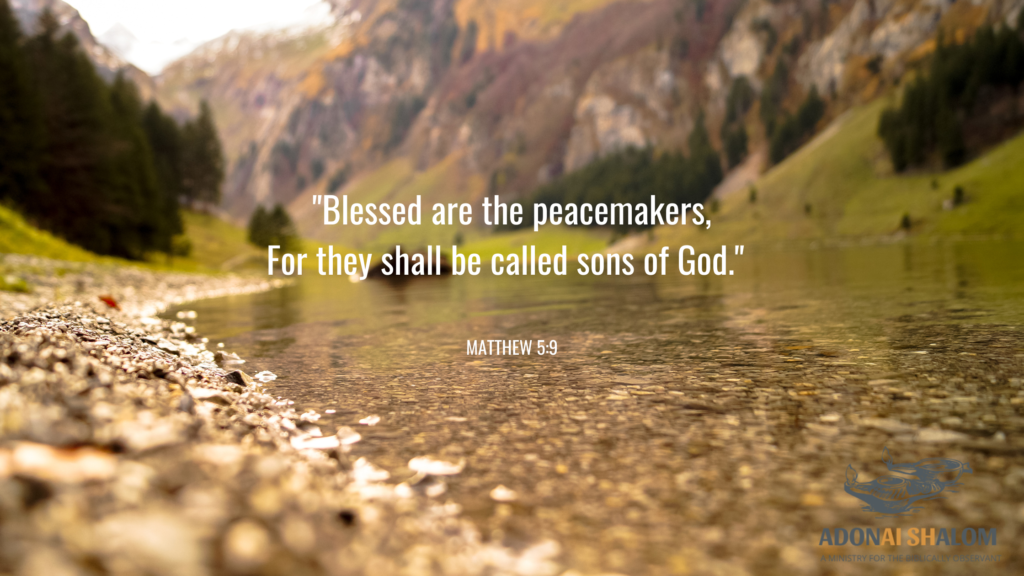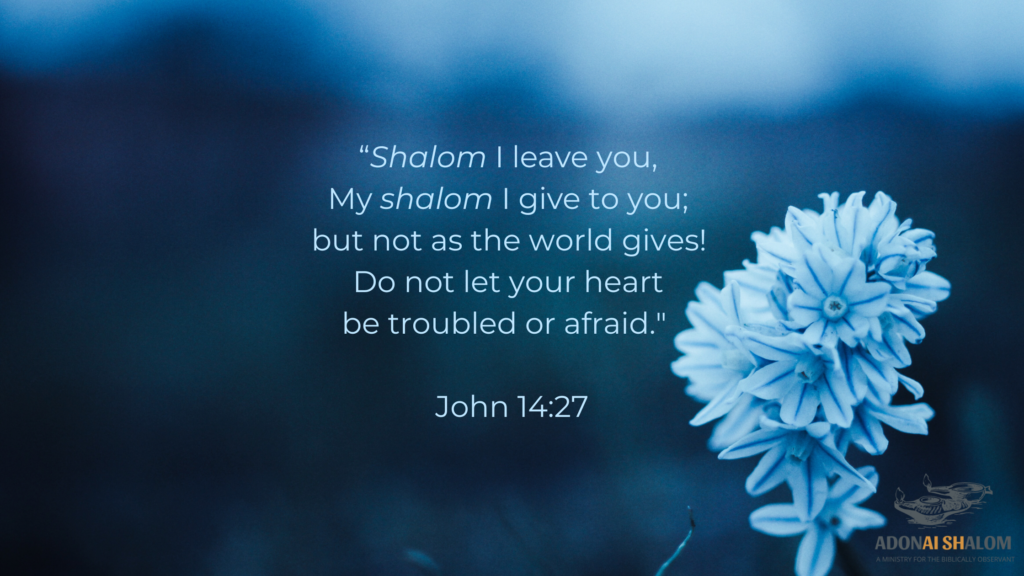7 Biblical responses for when your child experiences racism for the first time
Our family bubble
I like my faith-filled bubble.
Our family prays together and we read the LORD’s Word together and we worship together.
We love to share our faith with those who do not know the LORD and all of us are pretty resilient in the face of argumentation and those who refuse to accept the Truth.
My children are homeschooled and sometimes I forget that we live in this joyful little bubble!
The enemy wants to burst your bubble
And I was taken off guard yesterday.
My son had gone outside to walk our German Shepherd, Canelo, on a small dead-end road that borders one edge of our corner lot house. Our family has walked that way many times because there is rarely a car and we often see beautiful wildlife including deer and sandhill cranes. I often try to get a close-up picture, but the creatures prove elusive.

An evening walk has become a new summertime routine for my son. He started taking the dog all by himself about a week or two ago and I believe it is a quiet time for him. I have noticed an improvement in his snarky-young-teenager remarks and so I was very happy that he had learned to get some fresh air and exercise.

The road seems like a peaceful one, with just four houses on the short northwoods street.


Last year, the houses on that road held a little community rummage sale, so we stopped by and met the neighbors. They were all fairly friendly, but the couple living at one of the houses seemed less so . . . and overly interested in detailing the alcohol flask collection they were trying to sell.
We assumed from their demeanor and manner of conversation that they perhaps struggle with drinking.
I hadn’t seen or heard from them since.
Until last night.
My son came home and he had a look of disbelief on his face.
I asked him what had happened.
When loving thy neighbor is put to the test
“The neighbor lady yelled at me.”
I couldn’t imagine this, so I asked for details.
He recounted: “She came out on her porch and yelled out, ‘. . . You need to go use a different path. Can’t you see you’re making my dog bark? Go on.’ Then she just stood there and stared at me until I left.”
I asked him if he replied to her spitefully (which would not have necessarily surprised me).
He said, “No, I just said ‘Ok, I’m sorry’ and came home. I had a million bad things I wanted to say to her, but I didn’t because I know I’m supposed to be Christian.”
Well, there’s a proud mom moment. My child is trying to act like a follower of our Messiah ought to act.
Trying to give the neighbor lady the benefit of the doubt, I asked if she perhaps was kidding? Maybe she had a twinge of humor, “look, kid, you make my dog bark and it drives me crazy…”
“No. She was not joking one bit.”
So the mama bear in me was incensed that our very neighbor could be so mean to a child! Especially my child! My son’s mere presence in the road in front of her house caused her an issue? Our dog wasn’t barking at her dog. I have heard her dog on other occasions. I believe he looks out their front window and barks every time a dog passes. But that is her issue, not mine. And most certainly not my son’s issue.
I want to tell her that the road is public land and my child has the right to walk his doggie wherever he so pleases. And I want to shout right back at her. How dare she hurt my son’s feelings! But alas. I am a Christian. I am a pastor! I have to be “Midwest nice” at the least, right? I have to love my neighbor!?
Ugh. No one said following Yeshua (Jesus) would be easy.
Perceived Racism
But there was something else that my son said that really hurt my mama heart. He said that the woman had muttered something before yelling and he thought it sounded like “you ill . . . ”
I said maybe she meant, “you ill-mannered….”
I asked if he did anything that seemed disrespectful, such as allowing the dog onto her grass.
He said, “no, more like ‘you illegal’ . . . “
I paused and took a deep breath.
My husband is a legal U.S. citizen. But that doesn’t mean everyone knows or believes that about him. Quite honestly, I wish it didn’t matter. My husband is caramel-skinned and was born in Mexico. My son is handsomely half Hispanic with beautiful tan skin, mocha eyes, and dark curly hair.
Whether or not my neighbor said something that horrible or not, my son perceived it that way.
My son felt like a target of racism.
This sweet boy who has grown up fairly sheltered from the ugliness of the world’s ways says he no longer feels safe walking down this small countryish road right next to our own house.
Addressing Fear
He told me not to worry, that he would use the other roads in front of the house instead.
But you see, that requires crossing a much busier road. And it is not fair that my son would have to change where he enjoys walking in nature just to please an angry (and possibly inebriated) lady who isn’t interested in dealing with her own dog.
I have never felt unwelcome or unsafe in this community. But then again, I am white and I grew up just over an hour from where we currently live.
My son said he observed that the woman’s garage was open with two rifles on display.
Now, my son is known to have an active imagination, so I do not know if this is true or not, though it would not surprise me. It doesn’t help that we just watched the movie “Till” the night before.
What saddens me is that my son is now scared.
He said he’s seen the videos where angry people shoot kids who just ring a doorbell or just because of the shade of their suntan.
I told him that he cannot live in fear. We will still walk on that road with our heads held high. I am blessed because my son knows much of the Word of God, so I reminded him of 2 Timothy 1:7:
“For God has not given us a spirit of fear, but of power and of love and of a sound mind.”
I guess I knew we would confront issues of race eventually, but it was so unexpected, right here just a few houses up the road.
That said, I do want to be clear. My neighbor may not have said anything racially charged at all. I am focused on what my child perceived. Racially-motivated or not, the outburst was still unprovoked and unsettling.
So how do you help a child who has encountered real racism OR perceived racism for the first time?
I’m not sure I have all the answers to that one, but I do know that we should turn to the Word of God.
He comforts us because our identity is found in Him alone, not in what the world has to say. I am writing this because it is therapeutic to me today.
I am searching the Scriptures, too, to be able to minister to my son’s little heart and I am hopeful this can help someone else somewhere, too, because our world is full of division and unkindness.
1. Remind your child that all of us were created in the image of God. Race is a social construct and racism is sin.

There is no place for racism when living in holiness.
2. If your child has accepted the free gift of salvation that is given to us by putting our faith and trust in Messiah Yeshua (Jesus Christ), he or she is part of a holy, set apart and chosen generation and God calls us “special.” We don’t need to rely on anyone else to validate our existence or our skin color.
3. Encourage your child to turn to the LORD when feeling scared, discriminated against, alone, or unsafe. He is our Stronghold, our Fortress, and our Deliverer.
4. Emphasize the Biblical mandate to remain peaceful. Always seek shalom: wholeness and peace.
“Blessed are the peacemakers,
For they shall be called sons of God.” Matthew 5:9

5. Hear out your child. Allow him or her to express their emotions about racism.
I sat down with my son and I commended his recent progress on working hard and improving his early teenage years attitude. (We had some rough moments a few months ago with this too-big-for-his-britches young fellow!) He acknowledged his improvements, but also admitted having some pretty ugly thoughts about the neighbor. I believe it is so important to allow my son to have space to talk about how he was feeling and even explore this early introduction to racism. He knew that he could trust me to support him and love him through this. I’m grateful he has time to work through this as he matures and potentially encounters something far more direct or offensive.
I told him: you are acting like a child of God.
You have a tender heart and you are seeking to do what is right.
But whether that woman knows it or not, she is serving the devil. As harsh as this sounds, that makes her a child of the devil.
And the devil uses people like that to try to unnerve the children of God.
I told him, clearly, son, you’re doing something right if the devil has to take the time to come out and bother you like that using a daughter of the devil.
The best thing we can do is pray for her to come to understanding and repent and that she would, by God’s grace and abundant mercy, become a daughter of God one day.

Our Savior told us to rejoice and not just be glad: “be exceedingly glad!”
We can confront anything with exceeding gladness because we know our journey doesn’t end here. One day we will rejoice in heaven, rewarded for remaining faithful to our LORD.
6. Exhort your child to be an overcomer despite any circumstance.
I told my son that while you pray for those who persecute you or revile you, your duty is to guard your heart and your mind with the Word of God.
“Keep your heart with all diligence,
For out of it spring the issues of life.” Proverbs 4:23
He is your Protector and Defender, and you shall not fear walking down the road.
“The LORD will give strength to His people;
The LORD will bless His people with peace.” Psalm 29:11

Realize that the Scriptures serve for exhortation: we know who God is and we know that He cares for us, therefore we make a conscious choice. We will.not.fear.
This coming from someone who battles anxiety! But I know deep in my heart the Truth that whenever I, with faith and conviction, truly hold onto the hem of His garment, my fear is lost and He makes me brave. I seek to instill this understanding in my children so they, too, will always rely on our Father’s goodness, provision, and security.
Whether confronting racism, sexism, religious discrimination, anti-Semitism, classism, or any other -ism, if we remember that the LORD is on our side, we can and will walk in victory.
7. Pray together in the Spirit.
There is no substitute for prayer.
Pray with your child.
Model a life of faith for your child.
And pray for your neighbors and anyone else who would cause you distress.
Trust that the LORD will work everything out.
Remind your child to wear the armor that God has provided and pray together with your child in the Spirit.
Walk in Faith, no matter what and refuse to be intimidated
This afternoon, my husband and I told our son we were all going to take a family walk.
He looked panicked.
“Can I stay home?”
My husband gently told him in Spanish: “no, m’ijo, pero estaremos contigo.”
“No, my son, but we will be with you.”
Just like the LORD is always with us.
We had our son grab a hold of Canelo’s leash and walk him just like he had the night before. On the very same path.
He learned one step at a time not to be afraid.
Because children of the Most High God shall refuse to be intimidated.

